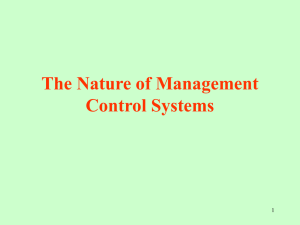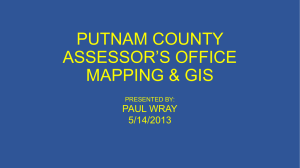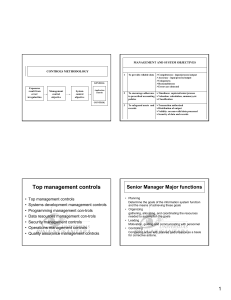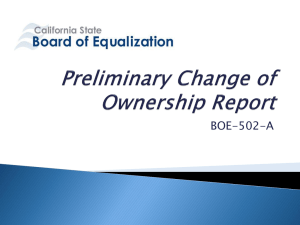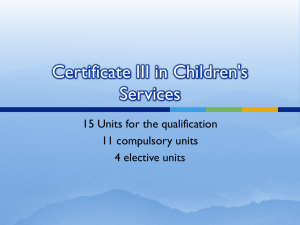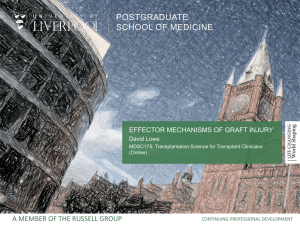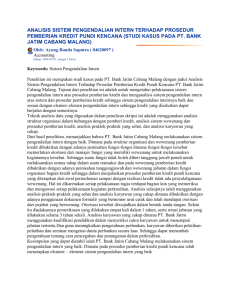Hakikat Sistem Pengendalian Manajemen
advertisement
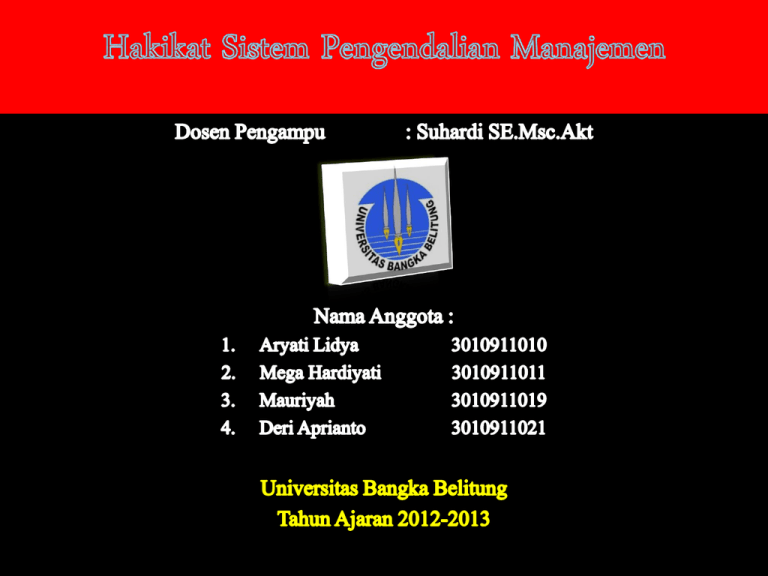
BIAYA MANFAAT Ketaatan atas pengendalian memerlukan pengorbanan Meningkatkan akuntabilitas; lebih efektif dalam menjaga waktu yang sebaliknya dapat dipergunakan bagi aset. pertanggung jawaban kegiatan. Pengendalian sering memerlukan dokumentasi yang Pengendalian yang lebih baik atas sumber daya yang memakan biaya. digunakan dalam produksi. Proses otorisasi dalam sistem pengendalian meliputi Ketaatan pada kebijakan dan prosedur lebih sering terjadidengan pengecekan dan saldo beberapa tingkatan manajemen dan menyita waktu yang terpasang dalam sistem. manajemen puncak secara substansial. Pada suatu waktu, pengendalian bertentangan secara langsung dengan sasaran operasional, seperti: pesanan melalui telepon merupakan cara yang paling efisien, namun pengendalian mensyaratkan bahwa pesanan secara tertulis harus dilakukan ketika jumlah pesanan melebihi jumlah tertentu. Menghindari konsentrasi yang efisiensi melalui berbagai ukuran efektivitas. berlebihan terhadap Lanjutan.... The Nature of Management Control Systems 14 Basic Concepts Elements of a control system consists of: 1. A detector 2. An assessor 3. An effector 4. A communication network 15 1. A detector or sensor is a device that measure what is actually happening in the process being controlled. 2. An assessor is a device that determines the significance of what is actually happening by comparing it with some standards or expectations of what should happen. 3. An effector (feedback) is a device that alters behavior if the assessor indicates the need to do so. 4. A communications network consist of devices that transmit information between the detector and the assessor and between the assessor and the effector. 16 Example: You are driving a car • • • • Detectors= Your eyes Assessor= Your brain Effector= Your foot Communication network= Your nerves system 17 • Your eyes (detectors) measure actual speed by observing the speedometer. Your brain (assessor) compares actual speed with desired speed (standard: the highest speed is 80 km/hour) to detect a deviation from standard. Your brain (assessor) directs your foot (effector) to ease up the accelerator if actual speed (90 km/hour) is faster than the standard speed (80 km/hour), press down the accelerator if the actual speed (70 km/hour) is slower than standard speed (80 km/hour). And, your nerves (communication network) form the communication system that transmits information from eyes (detectors) to brain (assessor) and brain (assessor) to foot (effector). 18 Boundaries of Management Control • Strategy formulation is the process of deciding on the goals of the organization and the strategies for attaining these goals. • Management control (Anthony and Govindarajan, 2004): is the process by which managers influence other members of organization to implement the organization’s strategies. • Task control is the process of ensuring that specified tasks are carried out effectively and efficiently. 19 Distinctions between strategy formulation and management control: Characteristics System design Nature of information Communication of information Involved people Strategy Formulation Unsystematic, Strategic decision may be made any time Tailored-made to faced problems, more external and predictive, less accurate Simple Control Management Rhythmic, predetermined procedures Integrated, more internal and historical, more accurate Difficult Top management and staffs Top management and line managers 20 Distinctions between strategy formulation and management control: Characteristics Strategy Formulation Control Management Many people Number of involved people Few people Mental activity Creative and analytic Discipline Economics Administrative and persuasive Social psychology Time horizon Tend to long-term Tend to short-term End products Goals, strategies Strategy implementation 21 Distinctions between management and task controls: Characteristics Focus of activity Nature of information Control Management The whole of operation Integrated, many financial data Involved people Management Task Control Individual task or transaction Tailored-made to individual task, more non-financial data Supervisor or none Mental activity Administrative and persuasive Follow direction or none End products Strategy implementation Tasks are carried out effectively and efficiently 22 Distinctions between management and task controls: Characteristics Control Management Task Control Mental activity Administrative and persuasive Follow direction or none Discipline Social psychology Economics, physics Time horizon Weekly, monthly, annually Discretionary costs Daily Type of cost Engineered costs 23 Examples of decisions in planning and control function: Strategy Formulation Management Control Task Control Enter a new business Expand a plant Change debt to Issue new debt equity ratio Schedule production Manage cash flows Add direct mail selling Decide magnitude and direction of research Acquire an unrelated business Determine advertising budget Control of research organization Book TV commercials Run individual research project Introduce new product or brand within product line Coordinate order entry 24
